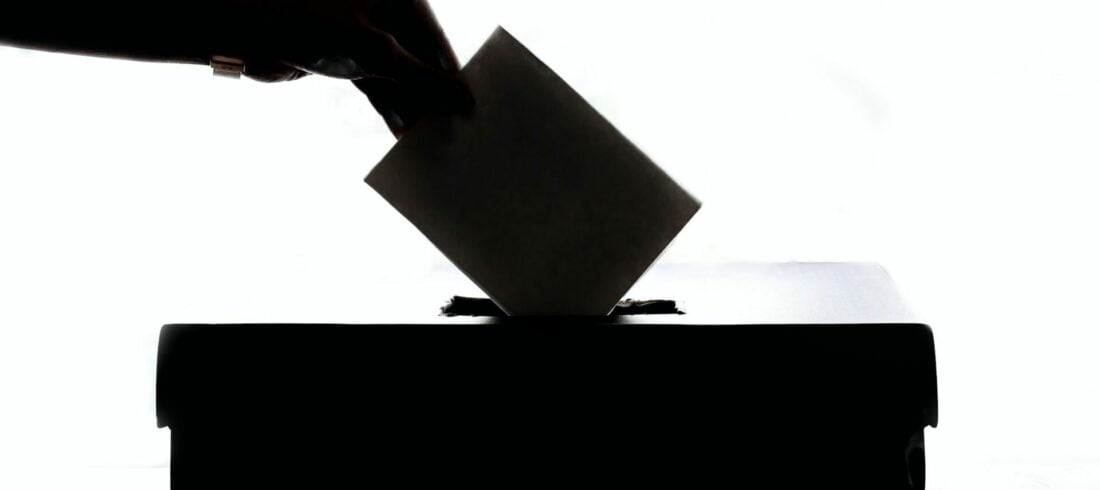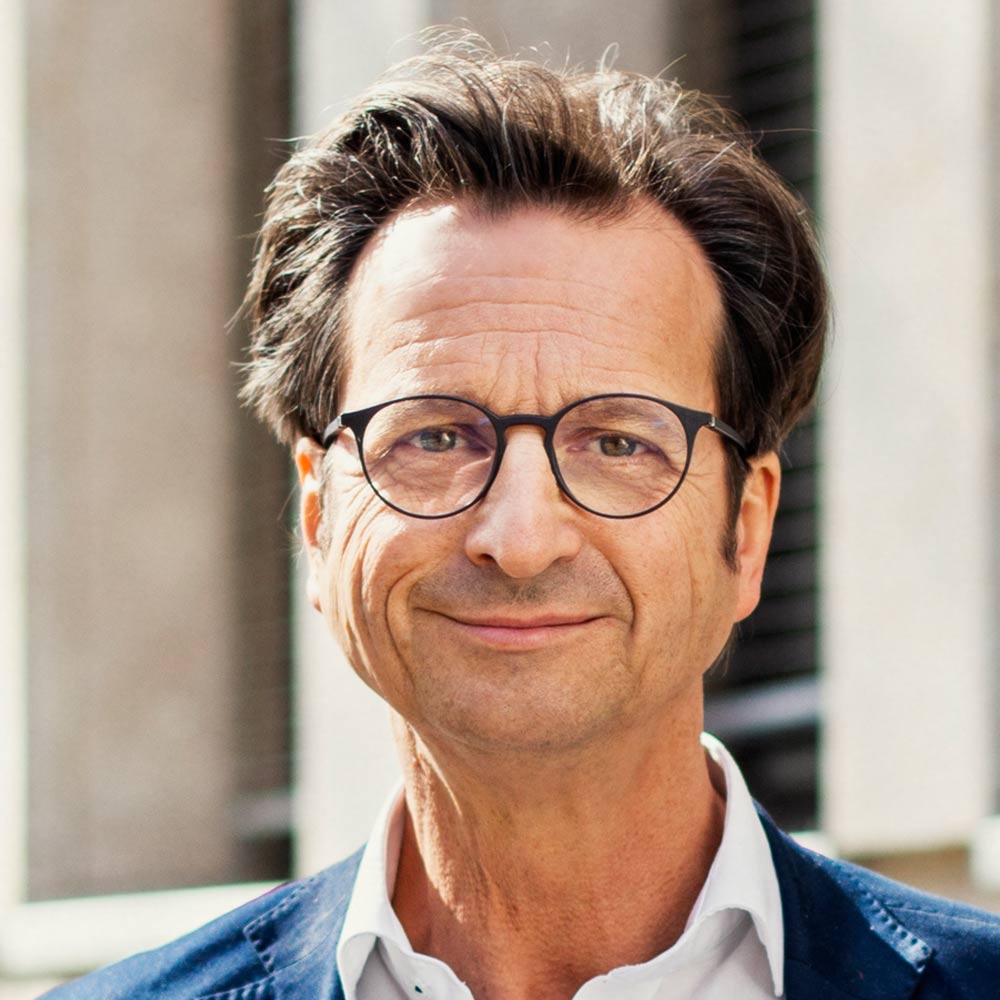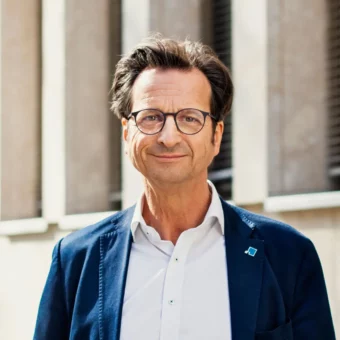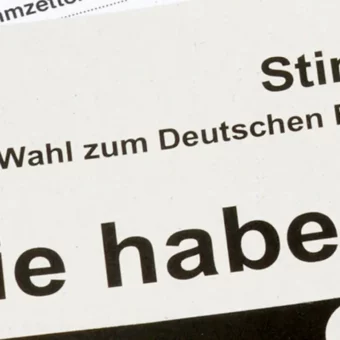On behalf of Philip Morris Germany, rheingold conducted a representative study on the reality of life for Germans in the super election year 2021. The central questions of this year's study are: Why do citizens vote the way they do? What motivates them to vote? And what keeps some from voting? One thing in advance: election campaigning pays off!
The "How we really live" study series is part of Philip Morris' sociopolitical commitment in Germany. "With a continuation of the study 'How we really live` this year, we want to contribute to strengthening social cohesion and trust in democratic institutions and actors," says Claudia Oeking, Managing Director and Director External Affairs of Philip Morris GmbH. "At Philip Morris, we are convinced that companies themselves have a responsibility today to actively stand up for a free democratic basic order and society through both internal and external initiatives."
No crisis of democracy
Diagnoses of a crisis of society and democracy, as well as political polarization and division, cannot be supported on the basis of the study results. In general, the sample revealed a high willingness among respondents to go to the polls. On average, voter turnout was even around 80 percent - with slight differences between the age groups: The older the respondents, the more regularly they vote.
Trust in the democratic system is firmly anchored in the majority. There is also little evidence of disenchantment with politics in the form of pronounced non-voting. Voters are less likely to be overwhelmed, confused or frustrated than they are to want to participate in politics. Rather, the impression is that the Corona crisis is leading to an increasing politicization of voters.
Election campaign pays off
The study also shows that the information behavior of respondents before deciding on an election follows above all a logic of content. The information provided by election programs is most pronounced among 18- to 34-year-olds, at 64 percent. This young group of voters also makes greater use of the voting machine (56 percent) to make their decision. Both of these factors indicate a strong programmatic orientation among the youngest age group in the sample.
The widespread assumption that non-voters or undecideds have a greater affinity for radical positions or parties was also not confirmed by the results. While Sahra Wagenknecht is rated as one of the most popular politicians among the undecided and non-voters, these groups are nevertheless most likely to lean toward the SPD and CDU/CSU in terms of party preference. The fear of a radicalization of non-voters and undecideds can also be dispelled at this point, as the strongest rejection of the AfD is also indicated in these groups. These results show that it is worthwhile for all parties - with the exception of the AfD - to also solicit votes from these groups in the election campaign and to focus on concrete social content and political concepts in order to pick up potential voters in their everyday lives.
Classic media usage behavior instead of social media first
Surprisingly, social media - although used somewhat more intensively in the youngest age group - generally play a subordinate role as a source of information for voting decisions. The reporting of traditional media is more important here across all age groups. While respondents over 55 at only 10 percent, 35- to 54-year-olds at 18 percent and 18- to 34-year-olds at 30 percent said they used social media as a source of information, the figure for traditional media is over 50 percent in all age groups. According to the market researchers, this contradicts the assumed influence of social media on the outcome of political elections and at the same time emphasizes the relevance of traditional media in political discourse.
Tactical voting to avoid strengthening certain parties through abstention
The majority (over 50 percent) also vote to prevent other parties from benefiting from their abstention. With the exception of those respondents who said they would probably not vote, a majority of all respondents agreed with the statement that they would also vote so that a particular party would not get their vote. In addition to the desire to help shape politics, this also reveals tactical calculations on the part of all voters. This may influence the decision to vote, but at least has a mobilizing effect. This behavior is similarly pronounced in all age groups.
Corona seems to politicize disinterested people
As in 2020, political expectation types were also created this year on the basis of similar response behavior among respondents. And as last year, two larger groups stand out in the current study, representing around 60 percent of society: the expectation types of Satisfied Moderates and Committed Optimists. Overall, these two groups are personally satisfied, politically constructive and better informed than average. In contrast, around 40 percent of the respondents have deep-seated feelings of insecurity, excessive demands, fears or disinterest in politics and society: the so-called Overstrained Fearful, Disappointed Radical and Disinterested Withdrawn. Compared to last year, however, the proportion of the latter expectation type has decreased from 12% to 8%.
According to the study's analysis, one reason for the politicization could be the consequences and political decisions made during the Corona pandemic, which directly affected the reality of citizens' lives.
The complete study results are available for download at the following link:




